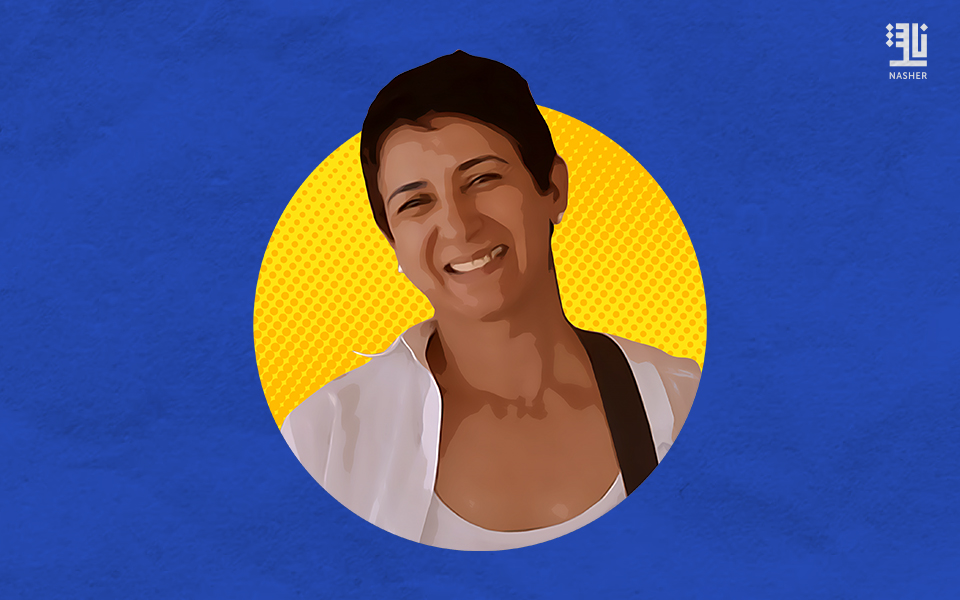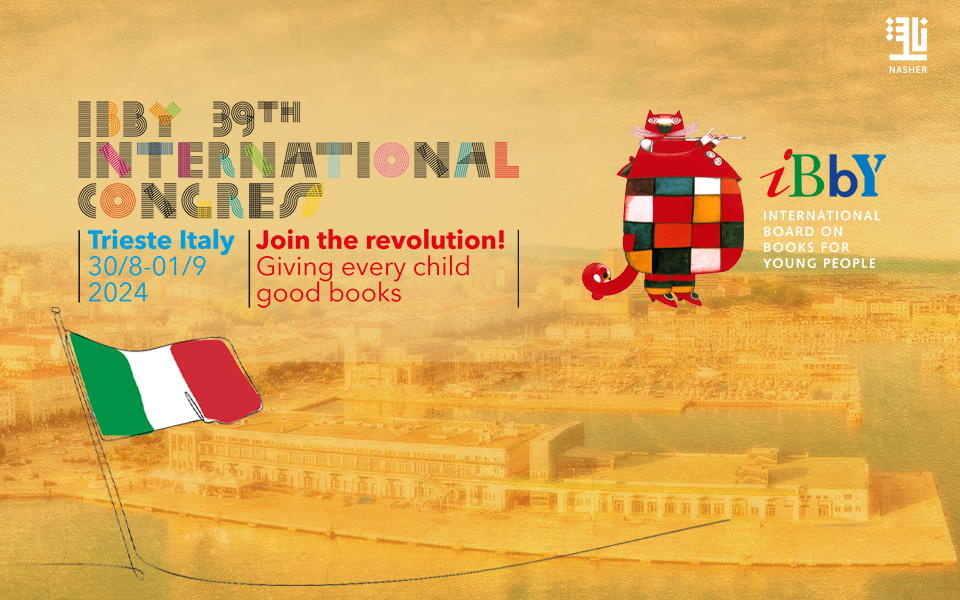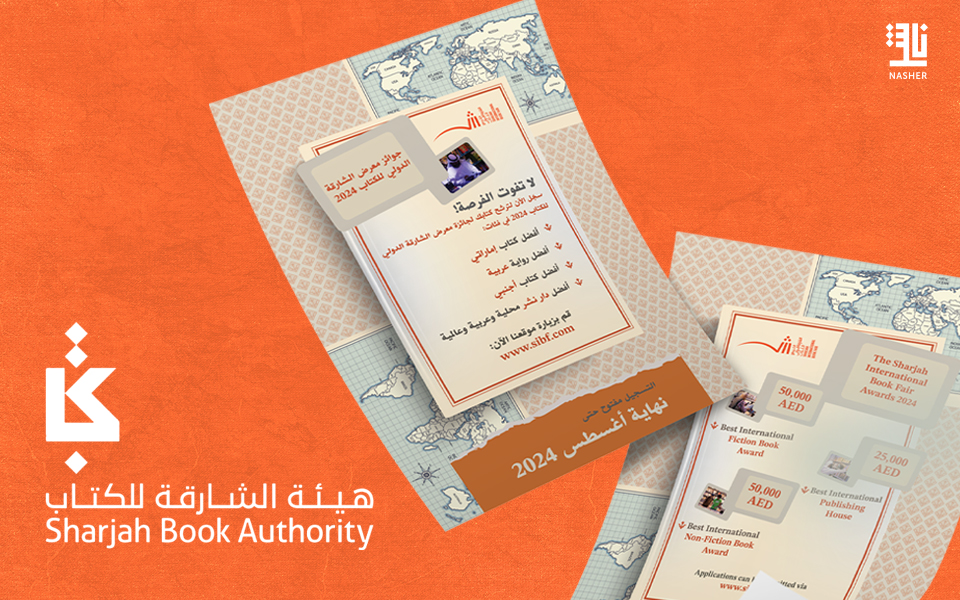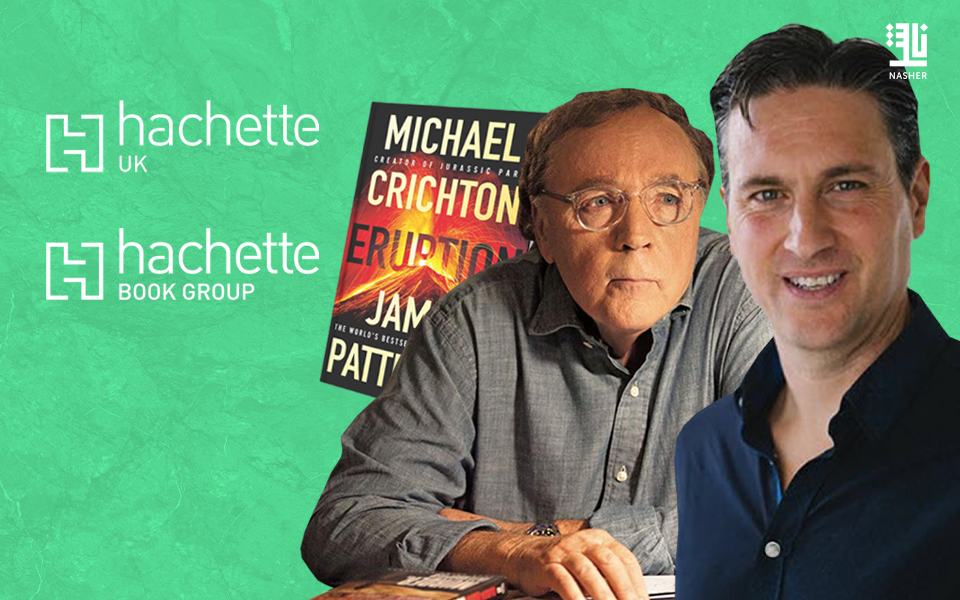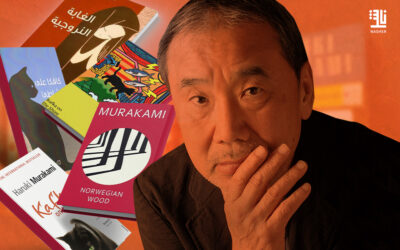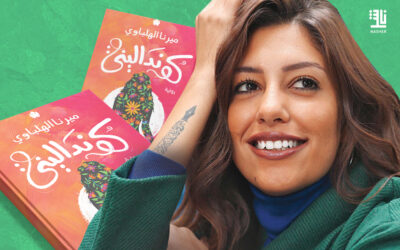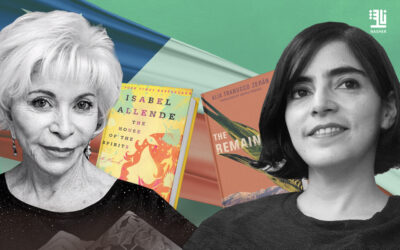Jamila Hassoun: children’s inability to access books motivated me to provide them
Moroccan cultural activist Jamila Hassoun is one of the active women in Moroccan society in the field of spreading reading and knowledge and enabling children and students to access books, especially in remote areas without libraries and schools.
On several tours between the High Atlas Mountains extending from central to northeast Morocco, Hassoun visited many village schools and distributed books to their students. In 2006, she launched the ‘Caravan of Books’ initiative, which aims to promote reading and distribute books in remote areas, in addition to organizing art workshops and creative sessions with the participation of writers, artists and celebrities from inside and outside the Morocco.
‘Nasher’ had this exclusive interview with Jamila Hassoun about her many initiatives, her promising ambitions, her vision to encouraging the love of reading and the relationship of the book with the development of community.
* Would you tell us more about the ‘Caravan of Books’ initiative, its significance and impact since its launch in 1996?
The ‘Caravan of Books’ project in its current form started off in 2006 from a family library owned by my family that I was managing. The motive for this project was that most of the library’s visitors were from remote areas (mountains and desert). I knew the difficulties they face in obtaining books, due to the remoteness of these areas from the city, and the absence of libraries and cultural spaces.
The most important impact of the Caravan was to try to bridge this knowledge gap. I think the caravan is a step towards democratizing knowledge and making it available as widely as possible to the most disadvantaged groups.
*The project seems to be a diverse social, cultural and artistic initiative, rather than a ‘mobile book fair’. What is the role of culture and art in the development of civil community?
The caravan might look like a mobile book fair, but is in fact a mobile cultural space. It is not only loaded with books and multi-media cultural materials, but also with different groups of Arab and non-Arab culture makers, who hold a number of events, meetings, theatrical performances, and cultural workshops in the most remote places.
* Where did you get your enthusiasm for the project? Is it because you are a library owner, or were there other considerations behind the idea?
I’ve been running my family’s library for more than 20 years, as I said. My experience in the library was a major driver. I was annoyed that books remained on the shelves, even though the students needed them. This lack of access to books moved me in this direction.
At first, I decided to make what I called a ‘reading table’: a space that allows readers to sit in the library to read without having to buy the book.
Over time, the reading table turned into a space to host writers and thinkers to engage with readers and present their books and products.
*The ‘Caravan of Books’ initiative has turned into a project that includes exploratory trips to remote mountainous or desert regions. Don’t you think that this might take the initiative away from its primary goals?
The caravan carries a number of artists, intellectuals, and writers to the most remote areas, and this stems from our belief in the importance of cultural exchange. The caravan provides the inhabitants of the mountains and desert regions with knowledge. In return, they play their role in educating the visitors and introducing them to their local culture and heritage.
* How can the participation of writers and artists enrich such initiatives? Does their celebrity play a role in increasing interest for books?
In 1999, I conducted an opinion poll under the theme ‘What do village students want to read?’. It covered a sample of 1,000 young men and women, whose answers were pretty interesting, as they expressed their desire, not only to read books, but also to meet the writers who write these books, to see and interact with them about their ideas and creations.
* Who supports the project, especially since it has been going on for many years and requires long-distance travelling?
The project started with personal funding, and from the library’s modest profits. Then I got some in-kind support from a number of international cultural institutions, including the German Goethe-Institut. Some institutions donate books, and some friends contribute financially to support and secure transportation, housing and logistical needs.
* Who is responsible for the lack of interest for reading in the Arab world?
I think this lack of interest is the result of several economic and social factors. Of course, states bear the responsibility for achieving quantitative goals related to education and reading, but civil community is also not exempt from the responsibility to contribute to the promotion of books and reading.
* Women lead many successful cultural and social initiatives in Morocco. What is the importance of Moroccan women’s participation in cultural and community development?
Moroccan women play a positive role in agriculture and traditional industries, in addition to their essential role in their homes and raising children. This partnership, which may appear in cities as a manifestation of “modernity”, is authentic in Moroccan community.
* How did you find the children’s interest for reading? Do they lack books or enthusiasm for reading?
According to my impressions and experience, children have an innate curiosity for books and the exploration of what is in them. This curiosity needs to be developed in order to turn it into a regular conduct within the daily habits of the child or young people.
* Do you think books are able to bring remote communities out of their isolation?
Of course, I believe in the role of the book in breaking the isolation. In fact, this idea is at the core of our work and among its main objectives.
* What is the next step for Jamila Hassoun? Where do your ambitions take you next?
I believe the ‘Caravan of Books’ initiative can develop into a nucleus of several static projects in the villages. Among the projects I have been developing for years, is an annual cultural forum that starts from Marrakesh, the city, to the desert and the villages, drawing inspiration from the experience and spirit of the Caravan and developing it.
The annual forum seeks to create a renewed space for Arab cultural and knowledge exchange, and to revitalize an environment that stimulates creativity by hosting a group of writers, artists and culture makers in the Arab world, as well as holding seminars and workshops in both cities and villages. A cultural forum in this sense is intended to challenge the concept of the centre and periphery that limit the access of culture to its recipients who live in the suburbs, and supports the culture democratization concept by securing it for all.
This project may develop into a cultural centre that launches many initiatives and activities, including the annual forum. I hope the centre will become a cultural hotspot from Marrakech to all parts of Morocco, and that it will be a point of contact between the Arab Maghreb and the Levant, and the world as well, why not.

